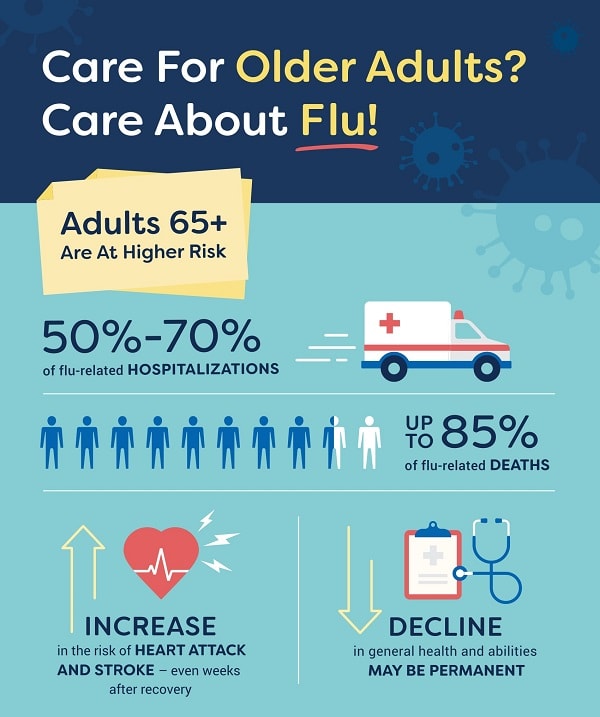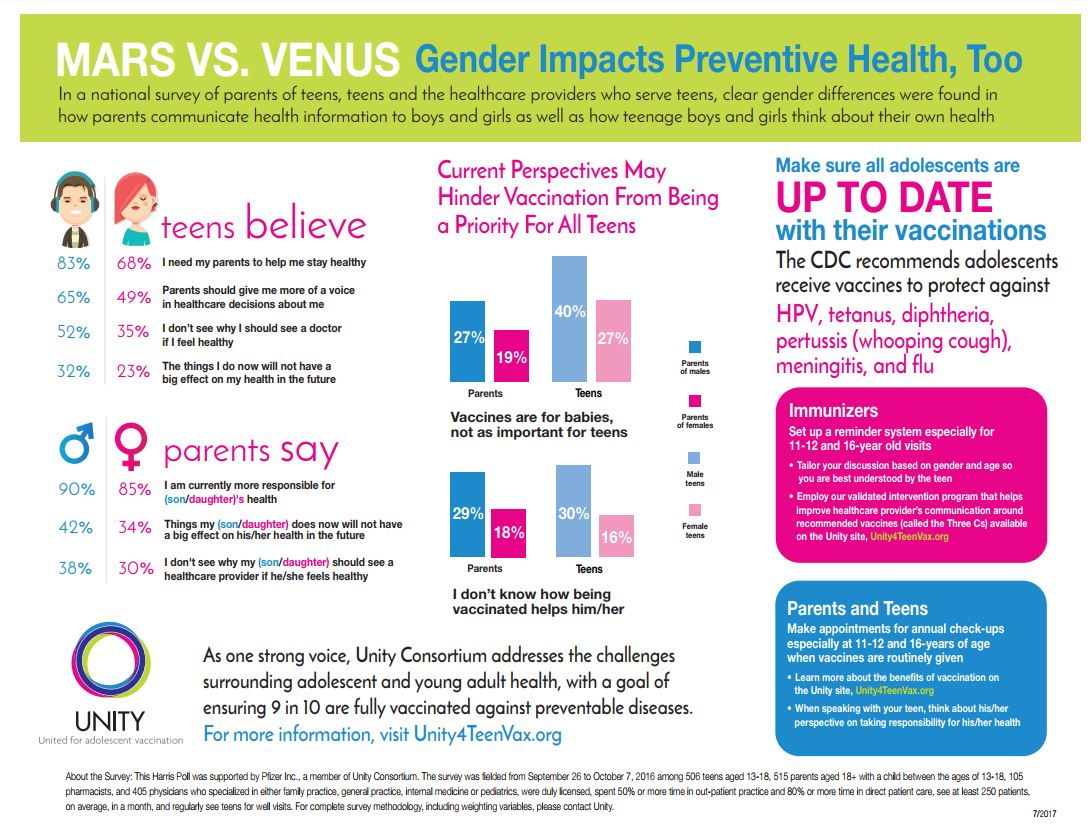Search & Filter
News Type
Topic
Disease
Population

Don’t Wait to Vaccinate against Cancer-Causing HPV Infections
Now is the time for parents and health professionals to protect the children they care for from HPV cancers. Every year that adolescents aren’t vaccinated is another year they are unprotected from cancer-causing infections…

Healthcare Professionals Play a Critical Role in Protecting Older Adults Against Influenza (Flu)
Did you know that in the US, adults age 65 years and older account for more than half (50-70%) of flu-related hospitalizations and most (85%) flu-related deaths?
The phenomenon known as immunosenescence describes how the body grows weaker with aging, making the immune system less effective in fighting off infections. As a result, adults age 65+ have an increased risk of hospitalization and complications from flu…

Prioritizing Adolescent Immunizations
Teens who feel invincible and put up a fight about a potentially painful shot should be no match for medical providers who can stand firm on the importance of vaccination. After all, many adolescents (and their parents) don’t understand what’s at stake if they opt out of a vaccine. Take it from a survivor of a vaccine-preventable disease: vaccines are unspeakably important and must be made a priority.

Vaccines Are Not Just for Babies
Unity recently released the results of a national survey of parents of teens, teens, and healthcare providers underscoring that misperceptions about preventive health and vaccines may contribute to under-vaccination of teens. While a vast majority of parents and teens believe it is important for all teens to be vaccinated, in reality teen vaccination rates are lower than they should be…

6 Tips To Increase Healthcare Professional Vaccination Rates
Immunization is an essential component of disease prevention and control. Preventing healthcare-associated transmission of infectious diseases protects patients, healthcare professionals, their families, and their communities. Those who work directly with patients or handle materials that may spread infection should be vaccinated in order to reduce the chances of acquiring or spreading vaccine-preventable diseases…

Maternal Immunization: Protecting Pregnant Women…and Babies
Most pregnant women get lots of advice to ensure that both they and their baby are healthy. One of the most important pieces of advice should be to get vaccinated against preventable diseases which are more dangerous for them and their newborns than other individuals…

Vaccination Nation
From the moment we become parents, we work to keep our children’s environment safe. We child-proof our homes and make sure poisons and dangerous objects are secured wherever our kids spend time. But we aren’t always as diligent about making sure the community spaces where our children learn and play are protected from threats we can’t see, like infectious diseases…

World Hepatitis Day: Are Your Teens Protected?
Hepatitis is an inflammation of the liver and is often caused by a virus. There are several types of hepatitis viruses but in the US, the most common types are Hepatitis A, B, and C. Millions are living with viral hepatitis but most do not know they are infected. People can live with chronic hepatitis for decades without having symptoms. Two vaccines are currently available to help prevent viral hepatitis in adolescents…
